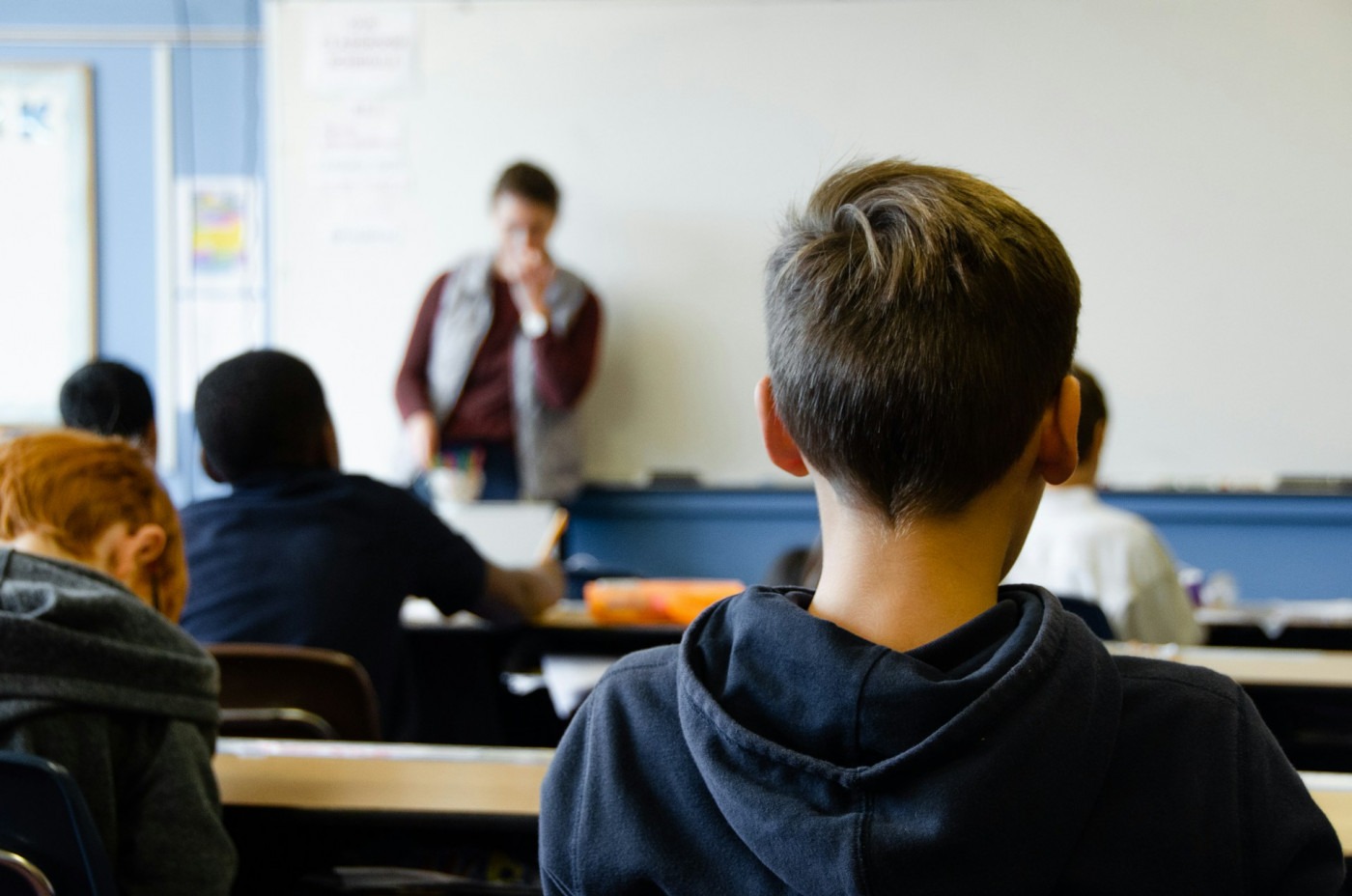Sexist language increasing in schools amid greater exposure to misogyny online
A recent study centred around boys aged between 11 and 14 has found that sexist language is increasing in schools, amid greater exposure to misogynistic content online.
Research authorised by Vodafone states that 70% of teachers have identified this increase and at least 69% of boys have been exposed to posts promoting misogyny.
AI-powered algorithms are said to be partly responsible for an influx in the use of sexist language. Even when searching for content such as ‘fitness’ or ‘gaming’, the study shows that algorithms continue to push hateful content to boys online.
42% of parents have reported hearing their sons using sexist language and making inappropriate comments due to their exposure to hateful, violent, and sexist content online.
“Harmful views and tropes are now becoming normalised among young people”
Dr. Kaitlyn Regehr, Associate professor at University College London
These hateful ideologies have encouraged young boys to bring this behaviour within the environment of their own schools.
Dr. Kaitlyn Regehr, an Associate Professor at University College London (UCL), said: “Harmful views and tropes are now becoming normalised among young people.”
She added: “Online consumption is impacting young people’s offline behaviours, as we see these ideologies moving off screens and into school yards.”
Parents and adults are arguably unaware of the true extent of harm that this exposure has on young people. Mother of murdered teenager, Brianna Ghey, has called for a ban on social media apps for people under 16 as it has been discovered that Scarlett Jenkinson, one of Brianna’s 15-year-old killers, had been watching videos of torture and murder online.
Sir Peter Wannless, the Chief Executive of the NSPCC, a child protection charity, has also said that it is important to give young people a voice on online safety. He said:
“Today’s children are the first generation to be truly growing up online, but decisions about the online world are still being made without them.
“If we are to ensure that every child is safe online then we need to give children a voice on what safety looks like to them.”
Dr Elly Hanson, Vodafone’s expert spokesperson and Clinical Psychologist, commented: “At this pivotal point in their lives, tween and teen boys are being pushed to misogynistic and negative content by harmful recommender algorithms.
“It’s important that regulators act to ensure online content platforms are safe by design, enabling children to enjoy the benefits of the internet without being exposed to such harmful material.”

Comments (1)
This is such an important issue to raise! The normalisation of some of this language is unacceptable and changes to social media regulations are much needed! Thank you for highlighting this 🙂